News & Announcements
- Details
- Written by Laura Mirsky
STARS (Students Taking a Right Stand) Nashville has been making a difference with young people, families and communities since it began helping students with drug and alcohol issues in 1984. Today a large nonprofit organization with 80 employees, STARS provides prevention, intervention and treatment services to address bullying, substance abuse and violence in schools, and with youth, families and communities across central Tennessee.
STARS has been incorporating restorative practices into its programs since 2000. “We’ve been committed to these processes since our first training with the IIRP 15 years ago,” says STARS CEO Rodger Dinwiddie, adding, “We’ve seen great success with these practices, with families, schools and community programs.” Long licensed by the IIRP to provide restorative practices training, STARS also sponsors IIRP professional development events in Nashville (including an upcoming Basic Restorative Practices event on April 21-24, 2015).
One STARS initiative involves facilitating formal restorative conferencing circles with juvenile court issues in southwest Tennessee. This has had “really good outcomes,” says Dinwiddie. “Families are seeing a greatly reduced chance for future harm. It’s one of most exciting things we’ve seen.”
- Details
- Written by Laura Mirsky
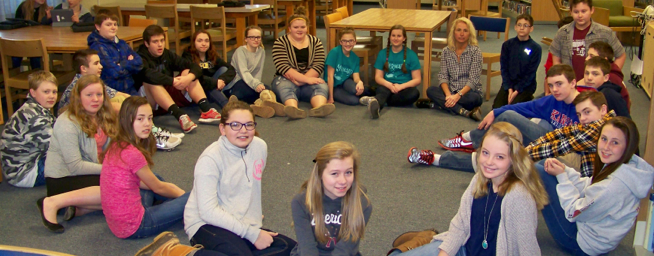 A serious cyber-threat closed down a middle school in Maine for three days. How would students and staff be able to come back to school and feel safe again? Thanks to their preliminary training in “restorative practices,” the school community found a way, not only to return and help each other feel safe, but to turn the incident into an opportunity to build a stronger school community.
A serious cyber-threat closed down a middle school in Maine for three days. How would students and staff be able to come back to school and feel safe again? Thanks to their preliminary training in “restorative practices,” the school community found a way, not only to return and help each other feel safe, but to turn the incident into an opportunity to build a stronger school community.
Charles Haddock, principal of Windham Middle School, in the small town of Windham, Maine, received an anonymous email threat on Monday, December 15, 2014. The threat raised urgent concerns because it implied violence. Within seven minutes, Windham Middle School’s students were loaded onto buses and on their way home, and Windham-Raymond School District’s superintendent, Sanford Prince, had evacuated all seven schools in the district.
- Details
- Written by Joshua Wachtel
Miguel Tello, Representative for IIRP Latinoamérica, who was recently elected to the IIRP Board of Trustees, discusses how circles make sincere conversations possible and illustrates his point with an anecdote from a school in El Salvador.
- Details
- Written by Joshua Wachtel
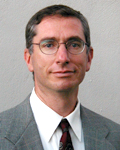 Miguel Tello, Representative for IIRP Latinoamérica, has been elected to the IIRP Board of Trustees.
Miguel Tello, Representative for IIRP Latinoamérica, has been elected to the IIRP Board of Trustees.
“I am delighted to be able to serve on the Board,” says Tello. “I have great respect and admiration for the IIRP and its efforts to make our world a more restorative place.”
Originally from Mexico, Tello now lives and works in San Jose, Costa Rica. He first got involved with the IIRP when he contacted IIRP founder Ted Wachtel for permission to translate Wachtel’s article “Restorative Justice in Everyday Life” into Spanish to use at a Prison Fellowship International conference. Tello then took IIRP trainings and became an IIRP trainer.
- Details
- Written by Joshua Wachtel

The following is a guest post by Ian D. Marder, Ph.D. student, School of Law, University of Leeds, UK and founder, Community of Restorative Researchers.
This article argues in favor of the establishment of a national organization in the United Kingdom which represents and is run collectively by volunteer restorative practitioners. Such an organization is now necessary given the widespread use of volunteers in restorative practices delivery in this jurisdiction. The organization would help to enable both best practice and resources to be shared by encouraging communication and collaboration between the wide array of organizations and individuals involved in the delivery of restorative practices in a voluntary capacity.
- Details
- Written by IIRP Staff
Schools
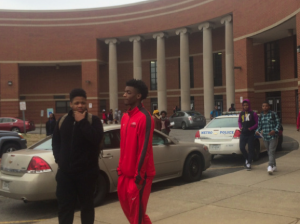 Pearl-Cohn Entertainment Magnet High School in Nashville, which uses restorative practices in discipline. Photo by Grace Tatter."To improve school discipline, improve teacher behavior" suggests an article for the Teacher Project, an education reporting initiative at Columbia’s Graduate School of Journalism, about restorative practices in San Francisco schools.
Pearl-Cohn Entertainment Magnet High School in Nashville, which uses restorative practices in discipline. Photo by Grace Tatter."To improve school discipline, improve teacher behavior" suggests an article for the Teacher Project, an education reporting initiative at Columbia’s Graduate School of Journalism, about restorative practices in San Francisco schools.
Students Taking a Right Stand (STARS) Nashville, an IIRP licensee, is helping Metropolitan Nashville Public Schools students "Talk it out" rather than get suspended or expelled. (STARS CEO Roger Dinwiddie will be participating in the IIRP's Presidential Symposium: Integrating School Climate Reform Efforts, July 20-21, 2015.)
"The Rock Star Principals" from Downington, Pennsylvania, reflect during their podcast upon how a new study showing that "Suspensions Hurt 'Good Kids', Too" supports their own argument for restorative practices.
- Details
- Written by Joshua Wachtel
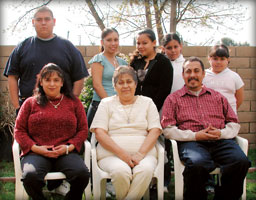 A family satisfied with their FGDM, the North American term for a Family Group Conference, from the Family Voices videoIn spring 2014, the Dutch parliament approved an amendment to the country’s Law on Child Welfare that gives every citizen of the Netherlands, as of January 1, 2015, the right to make their own plan first when social services has been called upon to intervene in the care of a child or adolescent.
A family satisfied with their FGDM, the North American term for a Family Group Conference, from the Family Voices videoIn spring 2014, the Dutch parliament approved an amendment to the country’s Law on Child Welfare that gives every citizen of the Netherlands, as of January 1, 2015, the right to make their own plan first when social services has been called upon to intervene in the care of a child or adolescent.
Rob Van Pagée, founder of the Dutch NGO Eigen Kracht Centrale, heralds the law as an important step in the development of what he calls the “new welfare state,” in which decisions that most affect people’s lives can be made by them and their communities of support.
“Citizens now have a right to first make a ‘family group plan,’” says Van Pagée.
- Details
- Written by Joshua Wachtel
Eigen Kracht Centrale, Dutch for "Our Power," is an NGO operating throughout the Netherlands that provides independent coordinators for organizing Family Group Conferences (FGCs). The FGC is a process that provides a structure to bring together extended family, close friends, and sometimes appropriate members of the community, to help a family or individual develop a plan to care for a child, secure housing, find work, confront addiction, obtain medical assistance or address other crucial issues that might affect children or youth in a family, rather than a judge, social worker or other professional making a plan for them. FGCs are also being used around the world in schools, prisons, communities and other contexts.
The following video trailer sets the stage for an Eigen Kracht FGC that was held in a small community that was struggling with a variety of issues that were negatively affecting the quality of life in the village.
- Details
- Written by Joshua Wachtel
IIRP Lecturer Elizabeth Smull, who presented on restorative practice at the International Bullying Prevention Association's annual conference, says she left feeling excited about how people from around the world are beginning to speak a common language about creating safety and community in schools.
- Details
- Written by Joshua Wachtel
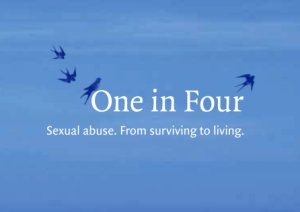 One in Four, a Dublin, Ireland-based organization that works to support adult victims of childhood sexual abuse, as well as sexual offenders and their respective families, aspires to make the world a place where all children are safe from sexual violence. Sadly, though, research shows that currently one-in-four people in Ireland experience sexual violence at some time during their lives.
One in Four, a Dublin, Ireland-based organization that works to support adult victims of childhood sexual abuse, as well as sexual offenders and their respective families, aspires to make the world a place where all children are safe from sexual violence. Sadly, though, research shows that currently one-in-four people in Ireland experience sexual violence at some time during their lives.
The organization, which since 2002 has offered advocacy and psychotherapeutic services to survivors of sexual violence, has, since 2012, sought professional development from IIRP Europe so it can offer restorative services for clients and provide a new level of support and structure for staff.
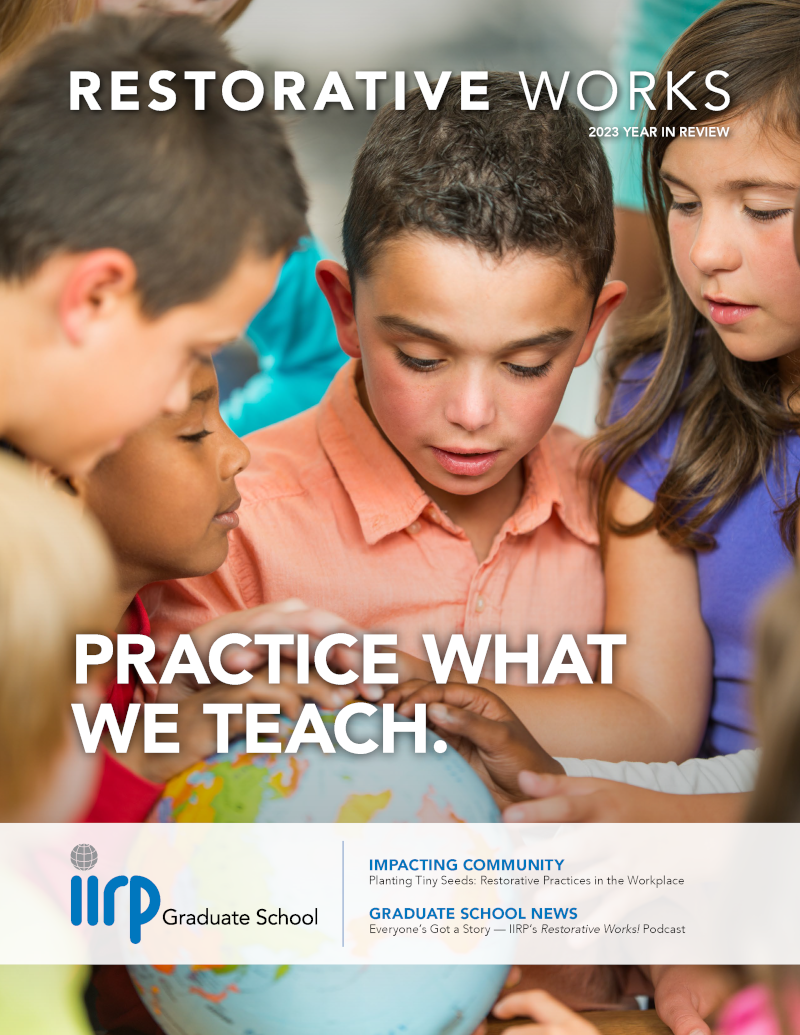
Restorative Works Year in Review 2023 (PDF)
All our donors are acknowledged annually in Restorative Works.
